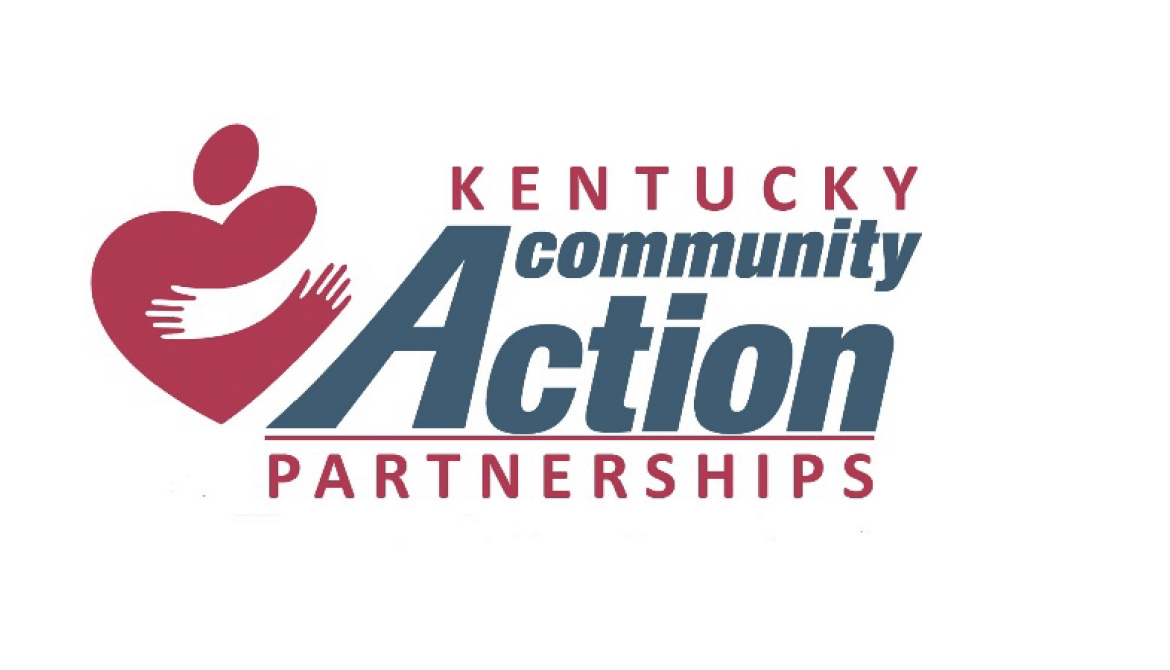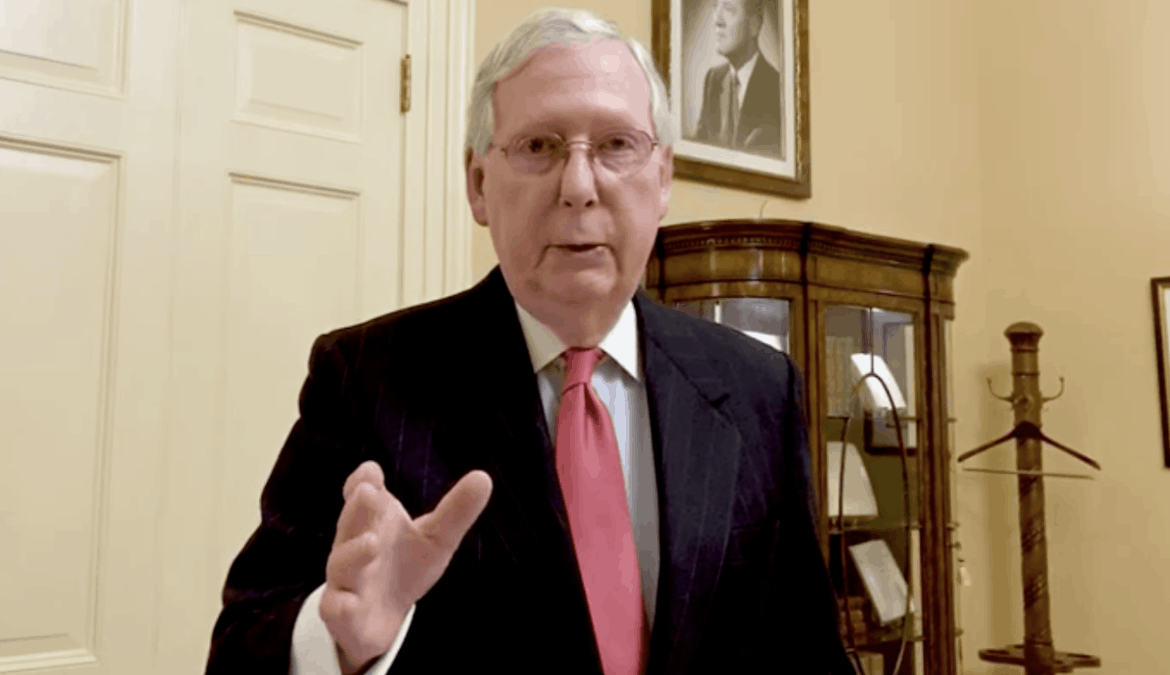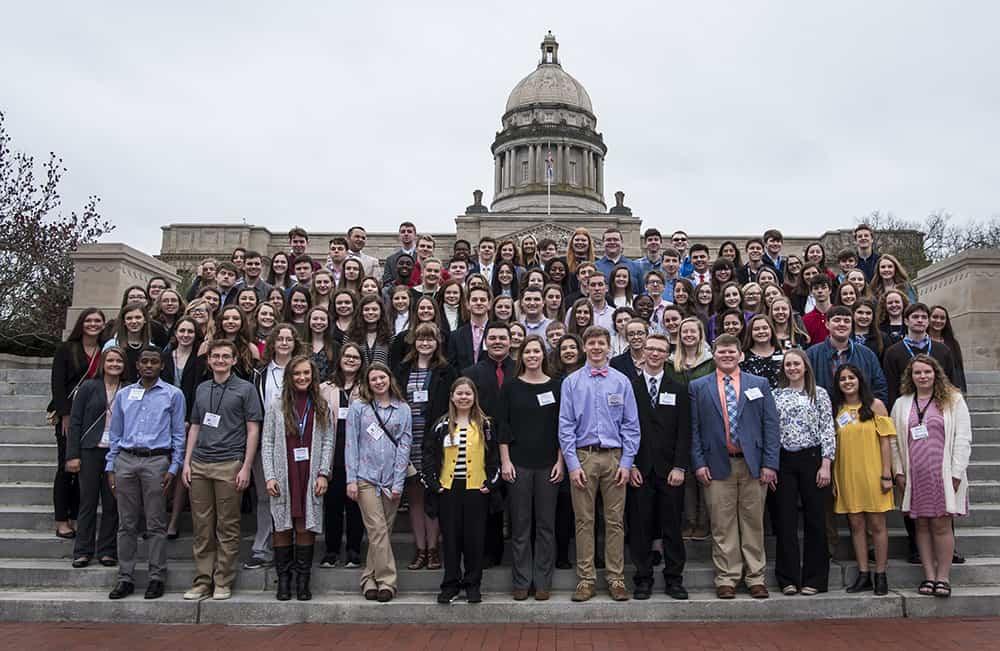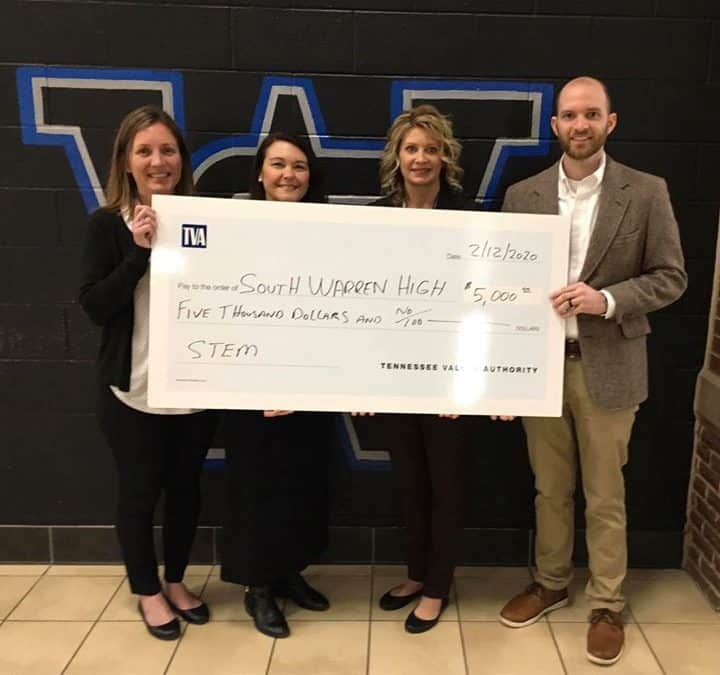Faced with a national public health emergency and heightened concerns among members about the spread of the coronavirus, electric cooperatives are taking steps to deal with pandemic contingencies.
“We have closed our offices and are maintaining all administrative services with employees who are teleworking from home, and line crews are using a video conferencing app to do their morning check-ins,” said Krista Bouchey, a communications specialist with Orcas Power and Light. “Lineworkers are taking their rigs home at night and staggering their visits to our yard and warehouses, so they don’t have to congregate on the loading docks.”
Assignments requiring the physical presence of staff are now filled by a single staffer supported by colleagues working remotely, she added.
The Eastsound, Washington-based distribution cooperative serves about 15,000 members across an archipelago 100 miles north of Seattle. With gatherings by more than 50 people prohibited by an executive order from the governor, Orcas Power has canceled annual and district meetings and has used social media to conduct candidate forums in preparation for director elections that will proceed by mail-in ballot.
“We’ll use a teleconference app for our board meeting this week and air the first part of the meeting on Facebook Live,” Bouchey said.
A co-op subsidiary that provides broadband service has geared up to support affected school systems, enabling online classes for high school students regardless of whether their families subscribe to the service.
“The schools will provide them with laptops, and our broadband company will provide hotspots granting them access to school-related content,” Bouchey said.
Months-Long Preparations
Co-op managers of human resources and safety and loss control began raising concerns about novel coronavirus exposure and its effects on operations in January as the first deaths in China’s Wuhan Province were making headlines.
Inquiries and information-sharing intensified across the co-op network in early February, and the pandemic preparedness, response and mitigation sections in co-op emergency operations plans were reviewed. Many co-ops have devoted time and space in safety meetings and staff communications to their individual preparations in recent weeks.
“We have been planning for this over the past several weeks,” said Tim Culpepper, CEO of Cullman Electric Cooperative, who says the pandemic threat represents a unique situation. “We are fortunate to have technology that will allow some of our employees to work from home.”
The co-op notified its more than 43,000 members around Cullman, Alabama, that both of its offices are closed until further notice.
“For those employees who need to be at the office, we are developing a modified schedule to limit the number of employees at our facilities at any one time,” said Culpepper. “We are also fortunate that almost all customer transactions can be performed over the phone, through the internet, at a kiosk or at the drive-thru.”
Minimizing Contact
Following recommendations from the U.S. Centers for Disease Control and Prevention that discouraged gatherings of more than 50 people for eight weeks, many co-ops are notifying members that annual meetings and other community events typically held in spring will be postponed or canceled.
“The attendance at EnerStar’s Annual Meeting is well above 250 people and has the potential to attract more than 1,000 people,” said Michael D. Clark, president and CEO of Paris, Illinois-based EnerStar Electric Cooperative.
In a message to his members on March 16, Clark cited a mandate issued by Illinois Gov. J.B. Pritzker last week prohibiting large crowds.
“The election of the board of directors will proceed as scheduled,” Clark wrote, adding that completed ballots are being collected at the co-op’s night lockbox. “The cooperative highly encourages members to mail their ballots in the pre-addressed, stamped ballot envelope they received along with their ballot in mid-February.”
Prepared for Uncertainty
While many co-ops are taking actions to limit staff density and member contact for at least two weeks, officials are continuing to follow reports from the CDC, their state emergency management agencies and the federal government for long-term guidance.
“The Jackson EMC emergency management team has implemented the pandemic response plan to address increasing concerns and mitigate the impact of the coronavirus on our co-op and our communities,” April Sorrow, director of public relations and communications for the Jefferson, Georgia-based distribution co-op, said in a statement March 16.
“Our offices will be open for drive-thru traffic only” through March 27, she said. “We will also scale-down office personnel, with most of our employees telecommuting. During this period, we’ll suspend disconnections of service for nonpayment.”
Many co-ops are already preparing for the economic disruption members will face as a result of protracted pandemic restrictions, including loss of income, unexpected childcare expenses and related household cost increases.
“Members may have difficulty in the coming weeks with potential unexpected coronavirus impacts of illness, quarantine, lack of regular income or caring for an affected family member,” said Kathryn Gloria, vice president of corporate communications and community services for SECO Energy.
The Sumterville, Florida-based distribution co-op is waiving late fees and allowing for special payment arrangements for members.
New Hampshire Electric Cooperative notified its 81,000 members and account holders March 16 that service disconnections would be suspended and late charges waived for the duration of the national emergency. They also told members that staffing at co-op offices would be reduced to minimize the threat of exposure.
“We appreciate our members’ understanding and patience,” said Steve Camerino, president and CEO of the Plymouth, New Hampshire-based co-op. “We encourage all our members to follow public health officials’ guidance on what they can do to protect themselves and their community.”
Derrill Holly is a staff writer at NRECA.
See NRECA’s COVID-19 hub on cooperative.com for key resources for co-ops, including guidance on business continuity planning and communication, as well as event schedule changes.














